But What Can I Do?: Why Politics Has Gone So Wrong, and How You Can Help Fix It
£8.50£10.40 (-18%)
Additional information
| Publisher | 1st edition (18 Jan. 2024), Penguin |
|---|---|
| Language | English |
| Paperback | 336 pages |
| ISBN-10 | 1804943134 |
| ISBN-13 | 978-1804943137 |
| Dimensions | 12.9 x 2 x 19.8 cm |


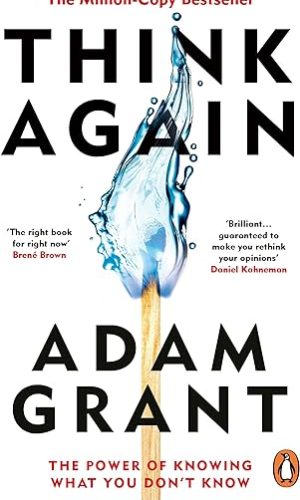


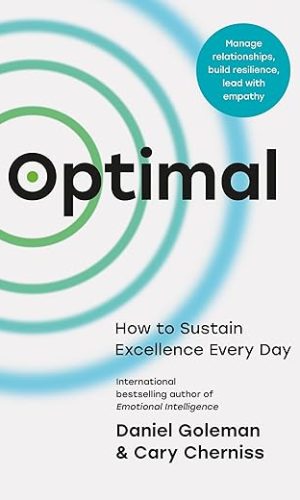
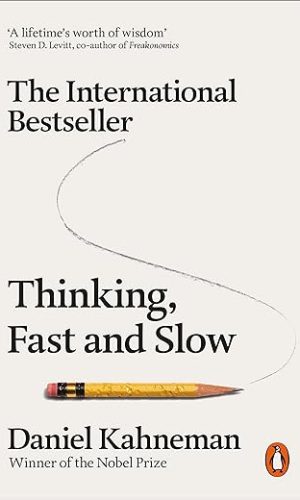
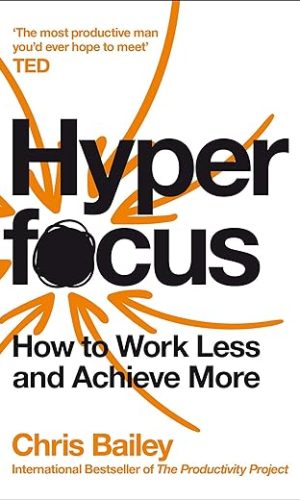
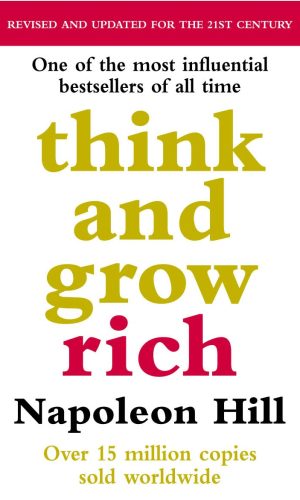

by Amazon Customer
I expected something more sophisticated than a rant about Johnson and Brexit, a lot of namedropping, too much football , and an admittedly well written simple digest of self help and guides to management. The politics section started to catch fire but no analysis of why the old people failed and the young can do better. We were all young once so where does it go wrong?
by Frank
I enjoy listening to and reading articles by Alistair but I think this book misses the fundamental problem in that to become a prime minister you need money and this usually means a reliance on donors which means the person is then indebted to that donor/lobbyist.
MPs start off very principled but end up having to alter their views to accomodate those with power over them and this is when the corruption takes place. The system of the parties allows the whips to take charge of managing the MPs and they end up having to toe the party line or be kicked out of their party which generally means they lose their seat. The whole process and system seem so be corrupt and need a complete break down and rebuilding with new processes to avoid this. It was brought home to be when the Brexit Agreement was published and the MP’s were given only days to read a complex legal text probably unaided by there party which meant when MP’s where interviewed on the tv and radio they had to admit they had not read the document which meant to me they had just followed the requirement of the whips to toe the line. It took months and years for the detail of the document to be understood and this process continues. I wrote to my MPs (2 of them) asking them to explain the basis of their decisions regarding Brexit only to get no reply from them which convinced me they had just toed the party line so in reality what are they actually doing in Parliament. I get the impression that the Parties are run by a few powerful people (backed by wealthy sponsors) and the processes which enables these groups to bully the average MPs to do as they are told. Shame on the whole system and I would have liked Alstair to have covered this very important aspect. Any idealistic MP who wants to do good has this knocked out of them as soon as they arrive at Parliament. It seems to me that most people fail to understand the lack of influence their own MP has. and explains why any questions I pose to my MP I generally get no response or advice they have passed my request to a minister and then I sometimes get some response that in all cases when this has happened fails to address the question I asked,
by gra
Good book
by Bryan Clark
I loved the first bit about polarised politics. It is insightful and a wake-up call for us all – do not miss this. The second bit about how to sort out strategies against policies is surprisingly clever – thanks for spelling it out – I felt I was learning from the Master. The last bit about how we should get involved is very important, if a little cheesy. Probably the best book I have read for a few years – albeit trying to be the Blue Peter guide to politics.
by G. SPORTON
There is not much here that attentive listeners to the TRIP podcasts haven’t heard before (repetition being part of the Campbell process of communicating a message), but the pearls of wisdom are collected in print and organised to enable going back and forth to focus on and hone a message and to think clearly about what and how to achieve a political goal. They are expressed in Campbell’s characteristically frank and authentic way, consistent with the voice you hear on the podcast, and have purple passages of inspiration. The minor disappointment is that mostly this isn’t about what you can do to make a positive contribution to the politics of our time. Campbell’s real theme is that supporters of right-wing politics are now prepared to do or say anything to retain their power and that social media provides an excellent means of magnifying lies and untruths in an informal way to complement traditional media already owned and run by those with no interest in social justice, just a weird version of libertarianism. There is some advice for sure, but also some warnings about the cost of modern politics at the personal level that makes for uncomfortable reading. But the dangers of not engaging with the political processes are laid out, and make for sobering reading.
by maria
I’ve always respected Alistair, his political views, passion and frankness. Never afraid to speak truth to power. Please listen to The rest is politics podcast and Leading. He and Rory Stewart are great.
by Henry Andrew
Twenty years ago I would not have thanked you for the opinion of Alastair Campbell. However, in the following years one of us, or possibly both, have mellowed and I find myself agreeing substantially with his present view. This is an absorbing read.
This book is essentially in two halves; how we got into this mess and second how we can resolve the crisis. The author does not pull his punches when addressing who is responsible for this mess, and why, he also awards praise for diligent work. Surprisingly, the divide is not along party political lines and criticism, or praise, is allocated according to the author’s merit.
The second part of this work is nowhere near as explosive as the first and is rather “matter of fact” and straightforward. However, after the excoriating criticism from the first part everything else was going to be tame. I’m very nearly the same age as the author and how to get involved in politics was never my reason for buying the book. However, for those young enough and with sufficient inclination it appears to be sound advice about how to get involved. A point to note is although Campbell would welcome further support for the Labour Party he does not exclusively guide readers in that direction.
My only real criticism of this book is the occasional forays into Campbell’s private life. Although interesting I felt they did not add to the discussion.
This book is obviously aimed at people far younger than myself to try and interest them to get involved in politics. If I was forty years younger, it would inspire me. That said, read this book, but keep an open mind.